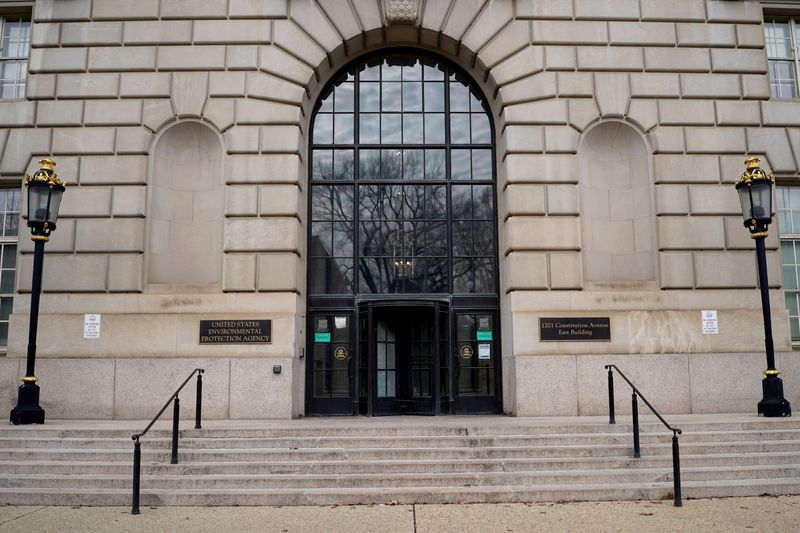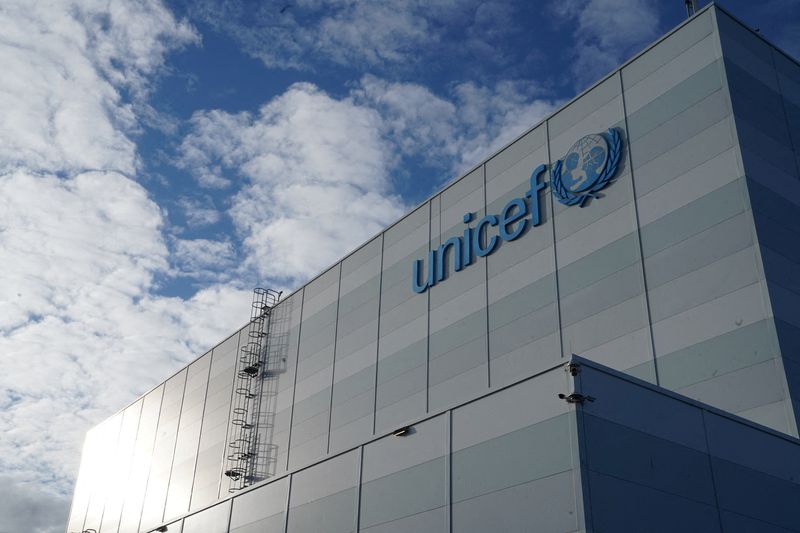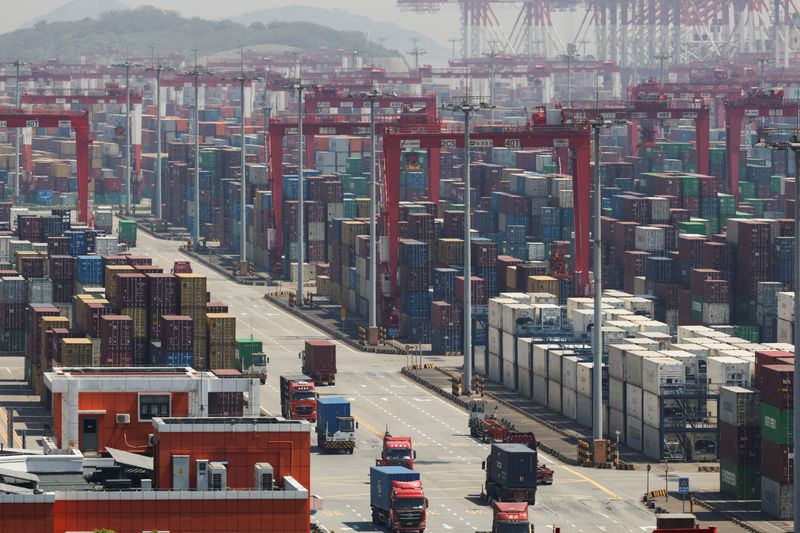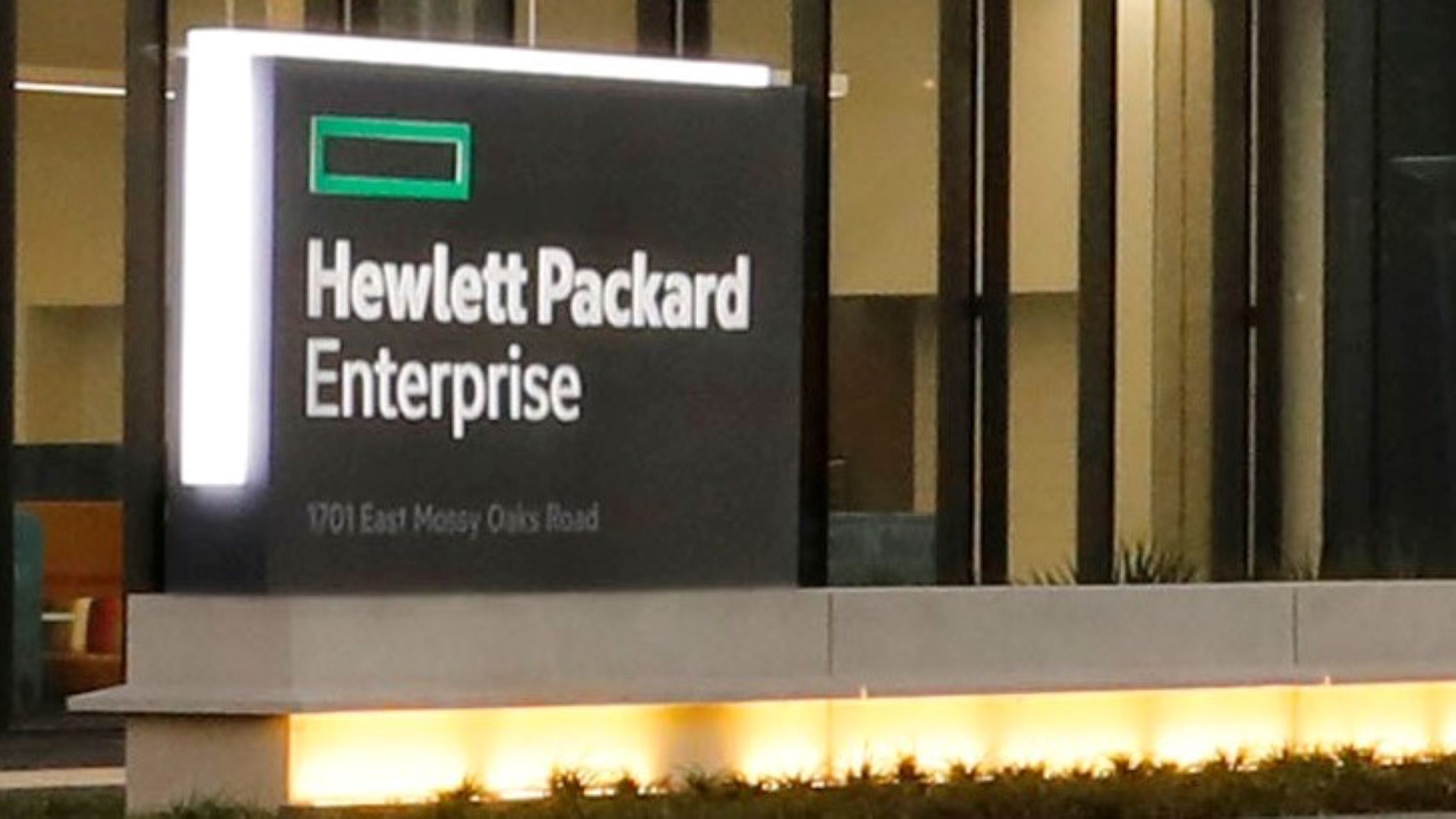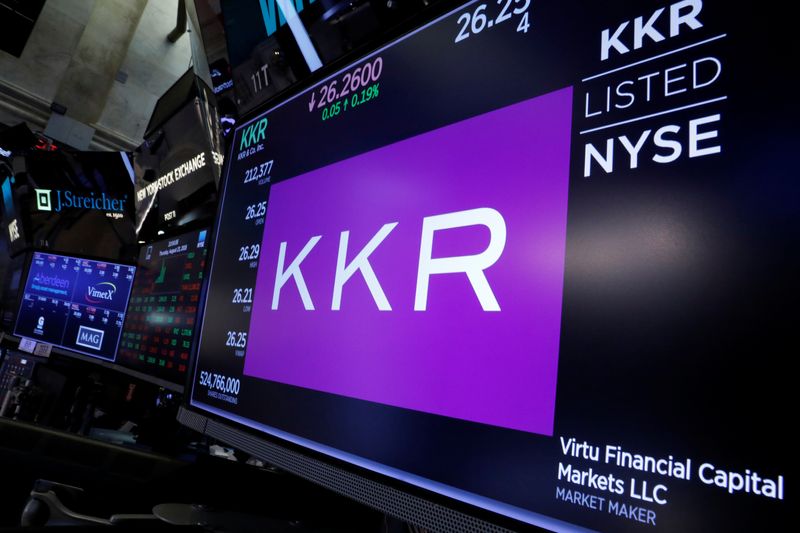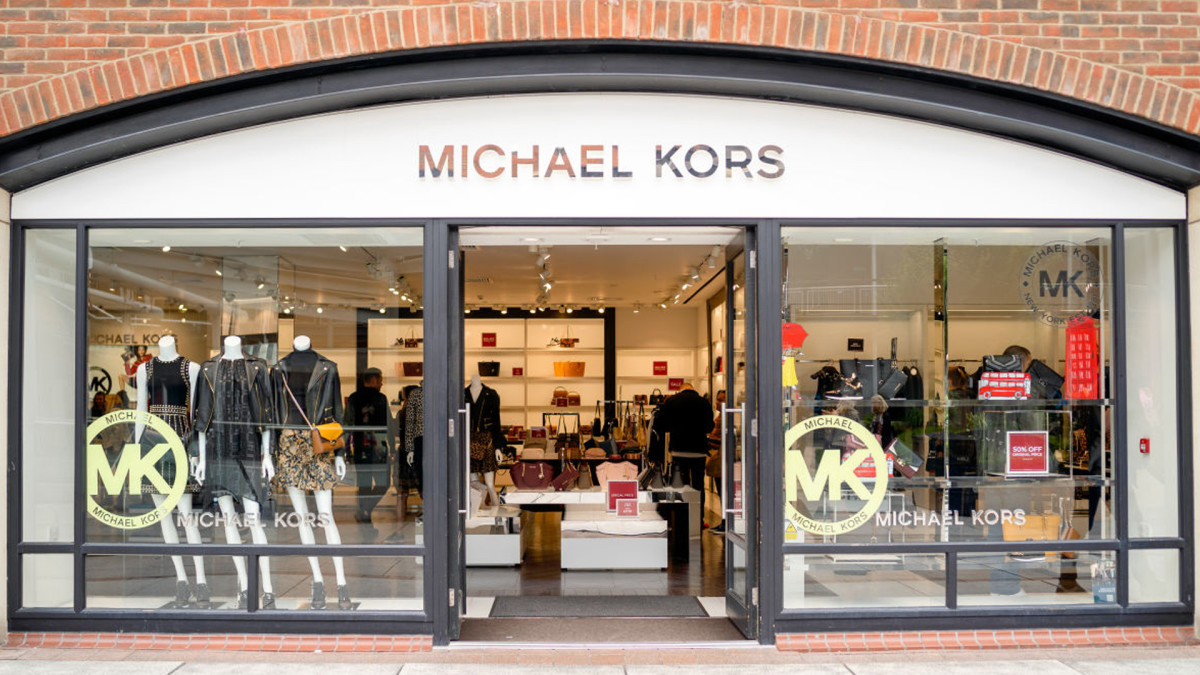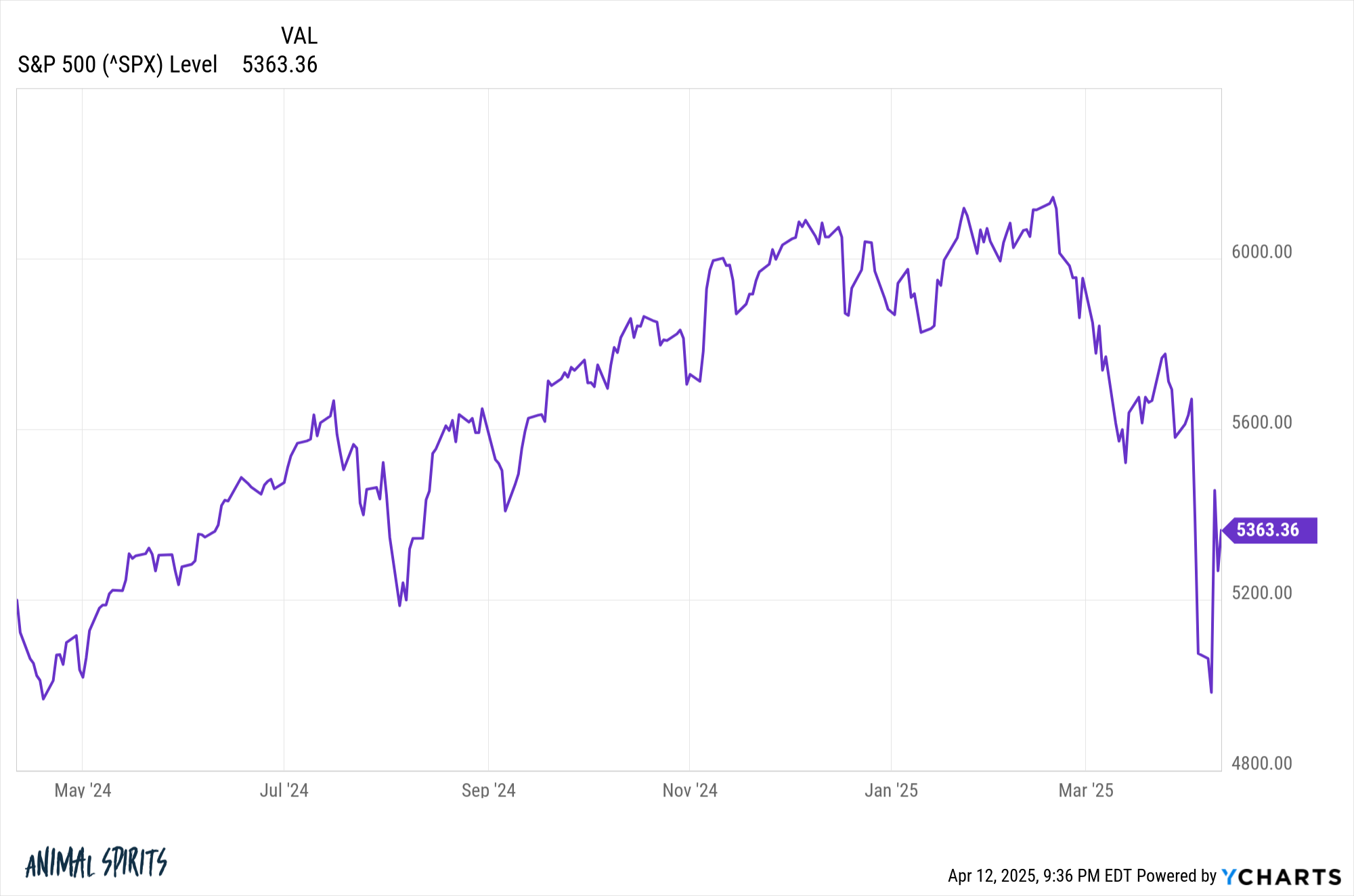Could Trump tariffs solve Ireland’s housing crisis?
Tech and pharma employees in Ireland are at risk from an escalating Trump trade war.

Ireland’s complex, pricey housing market could face a downturn if Donald Trump’s trade war comes for the country’s well-paid tech and pharma workers, a new report has suggested.
A new report by MyHome and the Bank of Ireland suggests the Irish economy’s dependence on U.S. multinationals could lead to a dramatic reduction in prices of the country’s housing stock in the event that tariffs and tax changes from the home of Apple and Pfizer lead to funding cuts in Dublin.
Ireland’s threat from a Trump backlash brings into focus a simmering debate that has presented the country since its U.S.-led 20th Century makeover: Would Ireland’s citizens, and its housing market, be better off without its tranche of well-paid multinational employees?
Ireland’s twisting housing market
In most cases, economists caution prospective first-time homeowners against prematurely popping open the champagne when news of falling house prices hits the news.
Demand-side shocks to the housing market indicate a wider economic downturn, marked by widespread layoffs and falling confidence that impedes homebuying across the board.
However, in the case of the famously unusual Irish economy, that may not be entirely the case.
Ireland houses the European headquarters of several multinationals, including Apple, Pfizer, Meta, and Google, which each employ thousands of Irish residents.
As a result, U.S. multinationals account for 10% of all private employment in Ireland. These companies, backed by multibillion-dollar revenues, pay their Ireland-based employees well above national averages. A 2023 report by the Irish economist John FitzGerald found multinationals paid Irish workers €37 billion ($40.4 billion), accounting for a third of all wages in the country.
That dynamic, according to Conall MacCoille, Chief Economist at Bank of Ireland, has contributed to Ireland’s increasingly unaffordable housing market. Average house prices in Ireland are now eight times the average income of €51,000 ($55,800), according to the MyHome report, the biggest gap since 2009.
A Trump trade war, and the loss of high-paid jobs, could help reset that dynamic.
“Ireland’s relatively thin, illiquid housing market, reliant on those at the top of the income distribution could be exposed to a sudden negative economic shock, such as the risk of a US-EU tariff war, especially if it were to disproportionately hit employment in the high-paid multinational sector,” said MacCoille.
Trump has so far exercised restraint when it comes to Ireland’s cozy relationship with U.S. multinationals, despite goading Taoiseach Micheál Martin over the country’s attractive corporation tax policy. Pharmaceutical imports to the U.S., many of which are shipped from Ireland, were excluded from Trump’s “Liberation Day” tariff onslaught, with the U.S. president’s ire towards Ireland currently linked to its EU membership.
However, with the U.S. recording a $50 billion goods trade deficit with Ireland last year, that is by no means a permanent stance.
The idea that Ireland would achieve a more equitable housing market by sacrificing its high-paid tech and pharma workers is dangerous thinking.
In a January report, Dublin-based stockbroker Goodbody said Ireland’s dependence on U.S. multinationals meant the country faced threats from a Trump presidency comparable to the U.K.’s Brexit fallout.
And for good reason. Multinational employees’ high share of Ireland’s wage intake means they have an outsized influence on the rest of the economy.
While the country’s GDP figures were overly skewed by a multinational presence that repatriated profits and patent income, they are still a significant contributor to the country’s economy. An exodus of powerful foreign players, combined with the wider economic challenges of a trade war, are unlikely to boost many Irish residents’ chances of owning a home.
Ireland’s supply crisis
Instead of a purge of the country’s prosperous multinational workers, most sides of the debate are in agreement that supply-side policies are the preferable means to addressing Ireland’s housing crisis.
Ireland’s housing market is struck by a supply glut, which exacerbates any demand-side issues presented by the country’s high-paid multinational employees.
In September, Ireland’s Central Bank projected that the country may need to build as many as 52,000 homes per year to cope with demand, a 20,000-home increase from the 2023 level.
“As the threat of a trade war with the US looms, our reliance on certain sectors of the economy will come into sharp focus. The housing market is vulnerable to any economic headwinds, so it is imperative that the Government limits the impact if at all possible while also continuing to ramp up housing supply,” said
Ireland’s upcoming stormclouds pose a warning to other European cities with their own cohort of high-paid, Silicon Valley tech workers.
Zurich, home to an estimated 5,000 Google employees, also known as Zooglers, is one of Europe’s most expensive housing markets. Some blame has been placed on Zooglers, who occupy much of the city’s stock of high-quality, one-bed apartments.
This story was originally featured on Fortune.com



